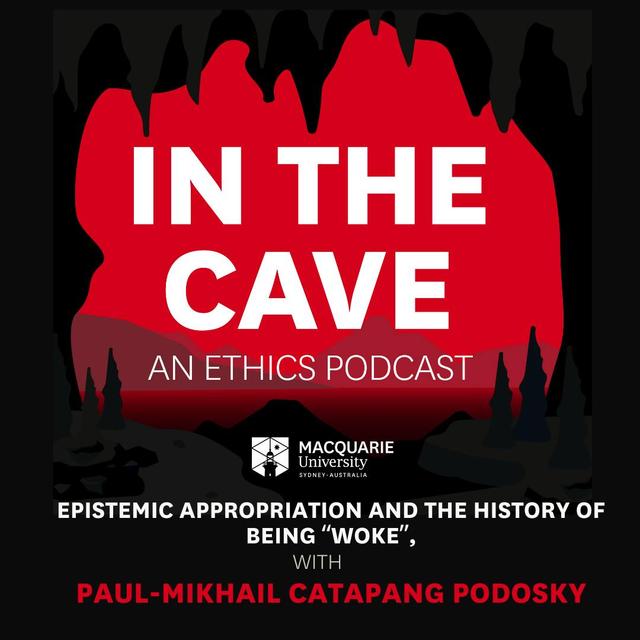
Epistemic Appropriation and the history of being “woke”, with Paul-Mikhail Catapang Podosky
Jul 09, 2024•27 min•Season 5Ep. 6
Episode description
The concept of "self-care" has become ubiquitous in recent years - we're urged to take bubble baths, book spa days, and indulge in retail therapy to cope with the stresses of modern life. But what often gets lost in this wellness rhetoric is that self-care has much deeper roots, originating in the Black feminist tradition as a form of resistance and survival in the face of systemic racism. As Audre Lorde famously wrote, "Caring for myself is not self-indulgence, it is self-preservation, and that is an act of political warfare." This is a prime example of "epistemic appropriation" - when a concept created by a marginalized group to name their oppression, such as “woke” or “self-care”, gets taken up by dominant groups in a way that obscures and undermines its original meaning and political force. Is this sort of epistemic appropriation a form of injustice?
Join host Professor Paul Formosa and guest Paul-Mikhail Catapang Podosky as they discuss epistemic and cultural appropriation and the history of the concept of “woke”.
This podcast focuses on Paul’s 2023 paper, “Rethinking Epistemic Appropriation”, in Episteme, 20(1), 142–162. https://doi.org/10.1017/epi.2021.8
For the best experience, listen in Metacast app for iOS or Android
Open in Metacast